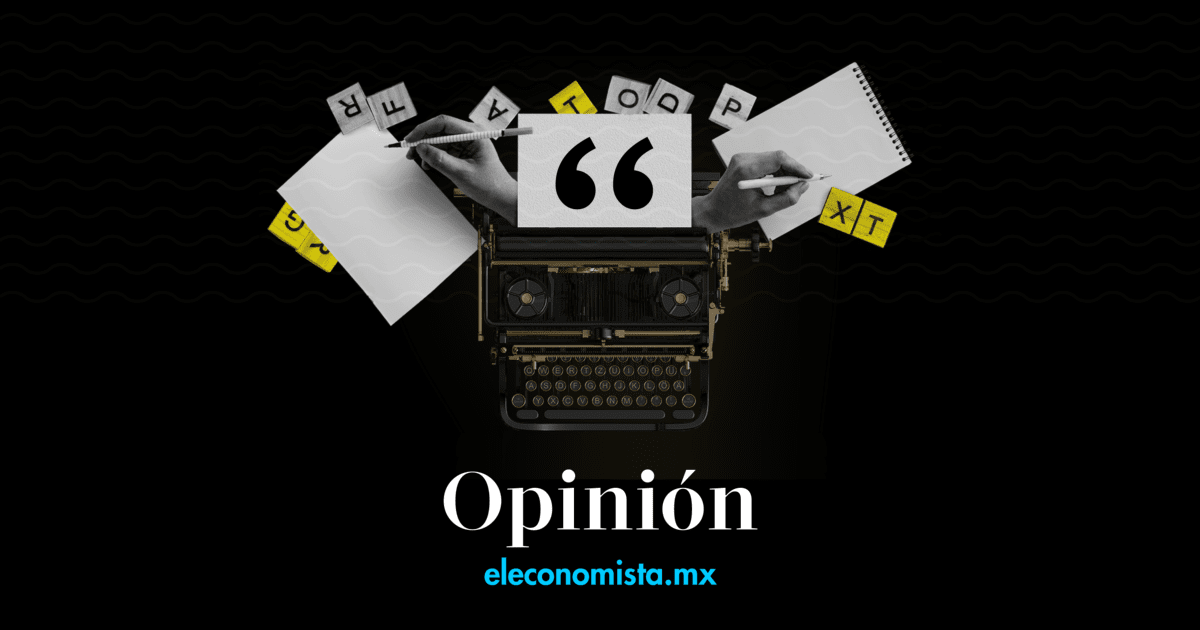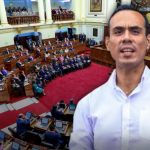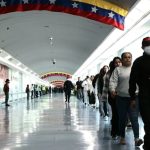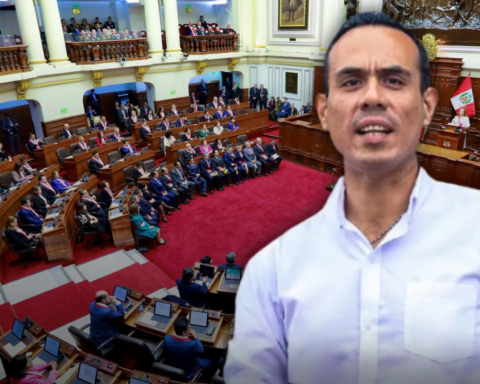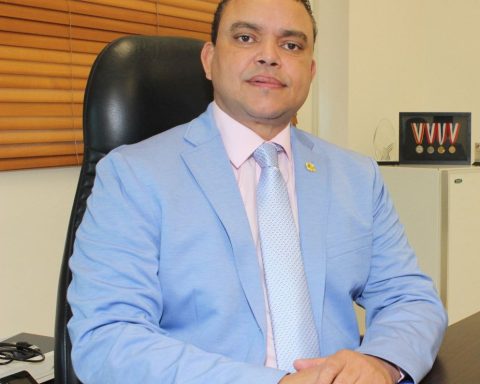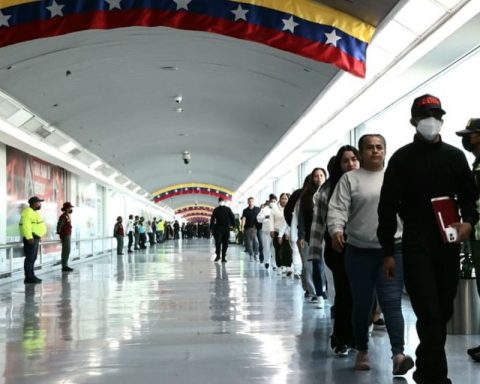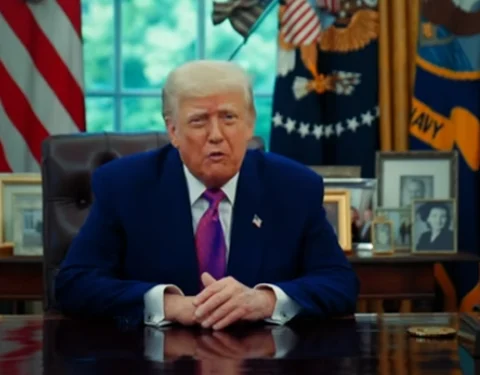“Without security there will be no 4T”, thus, three years ago, President López Obrador assured that the priority of his government would be to end insecurity and corruption. Months and years have passed, and the reality is different. As of March 2022, the increases in the levels of violence and the inability that is evident on the part of local, state and federal authorities in some states and municipalities to deal with crime is undeniable. Places like Zacatecas, Michoacán, just to resume events from this last week, are examples of a strategic incapacity —political and security— to deal with crime in the country.
Beyond militarization, the deployment of federal forces, the National Guard, which have been the vital resources that the federation, states, and municipalities have focused on implementing, municipal and regional violence outperforms and affects localities, without authorities can impose order and contain criminal actions. Between forced displacement, destruction of surveillance equipment, destruction of road accesses, and massacres, there is a constant movement in an environment of growing insecurity and risk.
The latest event that is added to a continuous chain of death and blood, the massacre of San José de Gracia, in the municipality of Marcos Castellanos in Michoacán, is indeed the symptom that violence in the country pre-exists politics in security matter that evidences its lack of ineffectiveness and the impunity that surrounds it, because like it or not, crime operates freely when it wants and how it wants, without any authority preventing it and taking responsibility for its failures. Here nobody assumes anything. Even presenting as an argument that the bodies were not there as evidence, the cleaning of the area and the remains found leaves much to think about. So how to think about Ayotzinapa? What happens to the disappeared? Are crimes prosecuted differently when acts of violence are evident?
The massacre of San José de Gracia —beyond the versions or spins that are intended to be given to the fact, based on internal conflicts between groups or private revenge between criminals, bodies or not bodies— implies that in the country people kill because they It can, but not only that, in turn, it shows the inability of the authorities to deal with a criminal phenomenon that de facto imposes and has imposed its rules of operation for several years, without there being consequences for this. San José de Gracia, like so many other events, not only reminds us of the continuous criminal logic of groups that control communities —photo that is replicated in other regions of the country—, but also of the space of impunity in which these licenses can be granted. This unfortunate fact is only added to many others, which are arbitrated in the public forum without having de facto results. What else will have to happen and for how long?
Something happens in the criminal logic of this country that the authorities do not want or cannot recognize. The names of the criminal organizations are the least important, but their organizational structures are, this implies thinking that perhaps the way in which the criminal phenomenon is thought by decision makers is no longer what they used to look at, and now the reorganization of forces is in those micro-territories that are more useful and functional to develop their controls and illegal businesses… Isn’t it time to think about it and execute it differently? Isn’t it time to take responsibility for what doesn’t work and take action on the matter?
